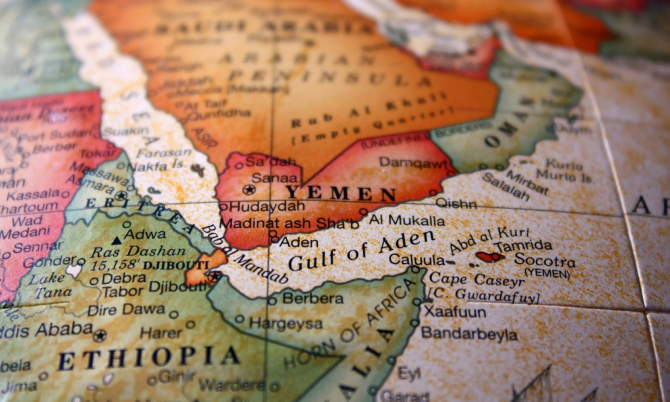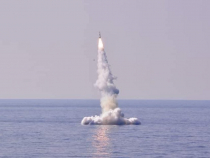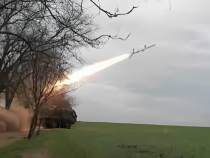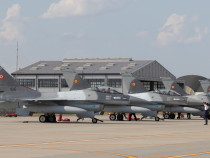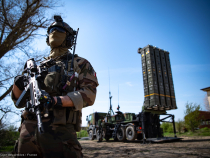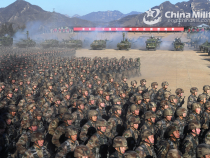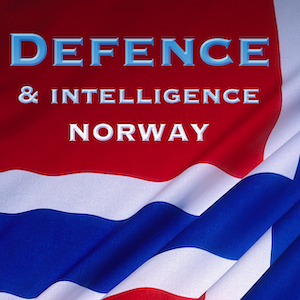Arab regional military cooperation has never been a real success factor. The continuing intra-regional strive and power competition has always prevented Arab countries to build up a real regional military constellation to deal with possible adversaries. The Arab-Israeli wars, the Iran-Iraq War or the Syrian and Yemen disaster, have shown that an Arab NATO approach is still farfetched. Still, new extra-regional powers are projecting threats to the region, such as Turkey, China, Russia, while intra-regional conflicts with Iran or Qatar already have caused military confrontations.
The last decades, military confrontation (if forgetting the Israeli issue) have been largely focused on the Gulf region. Regional and global power rivalries have caused major conflicts and even regime changes. Since the start of the Arab Spring (or as some state Arab Winter), regional and external powers have been lying their eyes on a new potential area for confrontation, the Red Sea. The latter, bordered by Egypt, Saudi Arabia, Sudan, Yemen and the Horn of Africa, while linked to Israel and Jordan (Gulf of Aqaba), has become a major militarized zone.
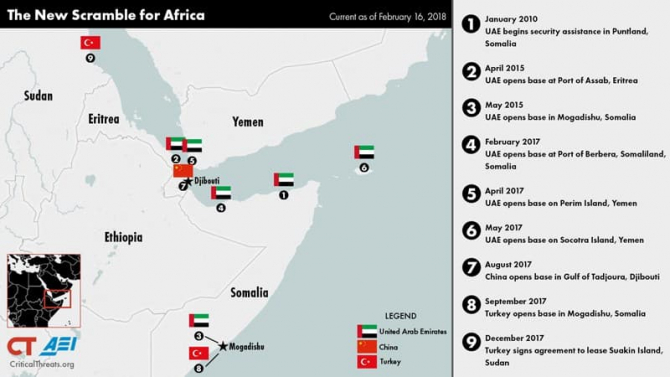
Potential conflict is booming between the Turkey-Iran-Qatar axis and the anti-Qatar Arab Alliance, led by Saudi Arabia. The build up of military basis by non-regional actors Turkey, Iran and Qatar, in the backyard of Saudi Arabia and Egypt, has become a major cause of concern, and potentially even threatens one of the world’s main maritime routes via the Suez Canal and the Gulf of Aden.
In a move to quell possible threats, Saudi Arabia stepped up efforts in December 2018 to build an alliance with six countries bordering the Red Sea and the Gulf of Aden. (Un)official meetings have been held the last weeks by representatives from Egypt, Djibouti, Somalia, Sudan, Yemen and Jordan, in Riyadh and other places, to discuss the initiative. Until now no real agreement has been concluded, but new talks are already planned by Saudi Arabia and Egypt. Some internal conflicts already have emerged, as several countries have not been invited yet, such as Eritrea, with Red Sea islands and a mainland coastline of 1,150-kilometres (715 miles), and Somalia.
As former Saudi Minister of Foreign Affairs Adel Al Jubeir stated in December, the new alliance is part of the kingdom’s efforts to protect its interests and those of its neighbors. The need for economic and military cooperation has become clear, due to the encroachment of Turkey, Qatar, Iran and China in the region. Saudi Arabia and the UAE have been already longer very worried about the military build up of Turkey, Qatar and China in the Horn of Africa. Egypt, as the strongest Arab Sunni military force in the region also is very worried about the growing influence and presence of Turkish navy and military forces in the Horn of Africa and Sudan. Ankara, Iran and China, have become heavily involved in Sudan again, after a short period of lack of interest by Khartoum. The build up and presence of Turkish, Qatari and Iranian navy and military forces, combined with China’s continuing involvement in the region, has put Cairo on the edge.
Not yet discussed by mainstream analysts but very necessary to take into account is the fact that the Red Sea, after decades of being a forgotten sea, just used for maritime transport, has become a major hotspot for investments and offshore oil and gas activities. Egypt has stepped up its offshore developments the last years, especially in publishing new oil and gas bid-rounds for offshore Red Sea. The potential of the latter area is proven, but could even be much more commercially interesting than expected. On the other side of the Red Sea, Saudi Arabia has, based on its Vision 2030, set up a major investment program for the coastal areas. Several major Giga Projects, such as Red Sea Islands, NEOM and Alaama, will be targeting the construction and set up of major new cities and resorts to take advantage of the coastal areas. New ports are also expected to be set up, with potential oil and gas projects offshore in the planning for 2019 onwards. Increased maritime traffic to and from the Red Sea countries is expected to be substantial, taking advantage of multibillion investment schemes onshore (Egypt, Saudi Arabia, Sudan) and offshore.
The above mentioned situation will necessitate a regional (Arab-Sunni) security constellation to quell terrorists, pirates, Houthis and new power players not to endanger or threaten them in future. Until now, it looks as if the main objective of the “Red Sea alliance” is to establish a political framework among the member countries to reach a consensus on the imminent security threats facing the Red Sea basin. Still, without real teeth the agreement is only going to be a piece of paper. Analysts expect that the three leading countries, Saudi Arabia and Egypt (as members), supported by either the UAE and/or Jordan, will be setting up within the foreseeable future a military task force. The Red Sea alliance could use part of the Arab Coalition in Yemen structures, but looking at practicalities, a new set up, with HQ in Cairo or Suez, Egypt, would be best suited.
Even without mentioning it at all, unofficial support from Israel will be needed too. Until now, the Red Sea has been open for all, and is used by Jordan and Israel as one of their two roads to the international market. Any blockade or new military obstruction could (and possibly will) be looked at as an act of war. Unofficially, Israelis will be advising or involved already, with support of Jordan, Egypt and Saudi parties. To block the Ankara-Tehran-Doha moves, Israel is needed too. Even if successful, a new threat is hiding over the Horizon already, the Chinese Tiger has already sharpened its military claws for a new chess move soon. The Russian Bear is already on its way, as Eritrea has agreed to a naval base.
DefenseRomania App
Fii primul care află cele mai importante știri din domeniu cu aplicația DefenseRomania. Downloadează aplicația DefenseRomania de pe telefonul tău Android (Magazin Play) sau iOS (App Store) și ești la un click distanță de noi în permanență
Fiți la curent cu ultimele noutăți. Urmăriți DefenseRomania și pe Google News
